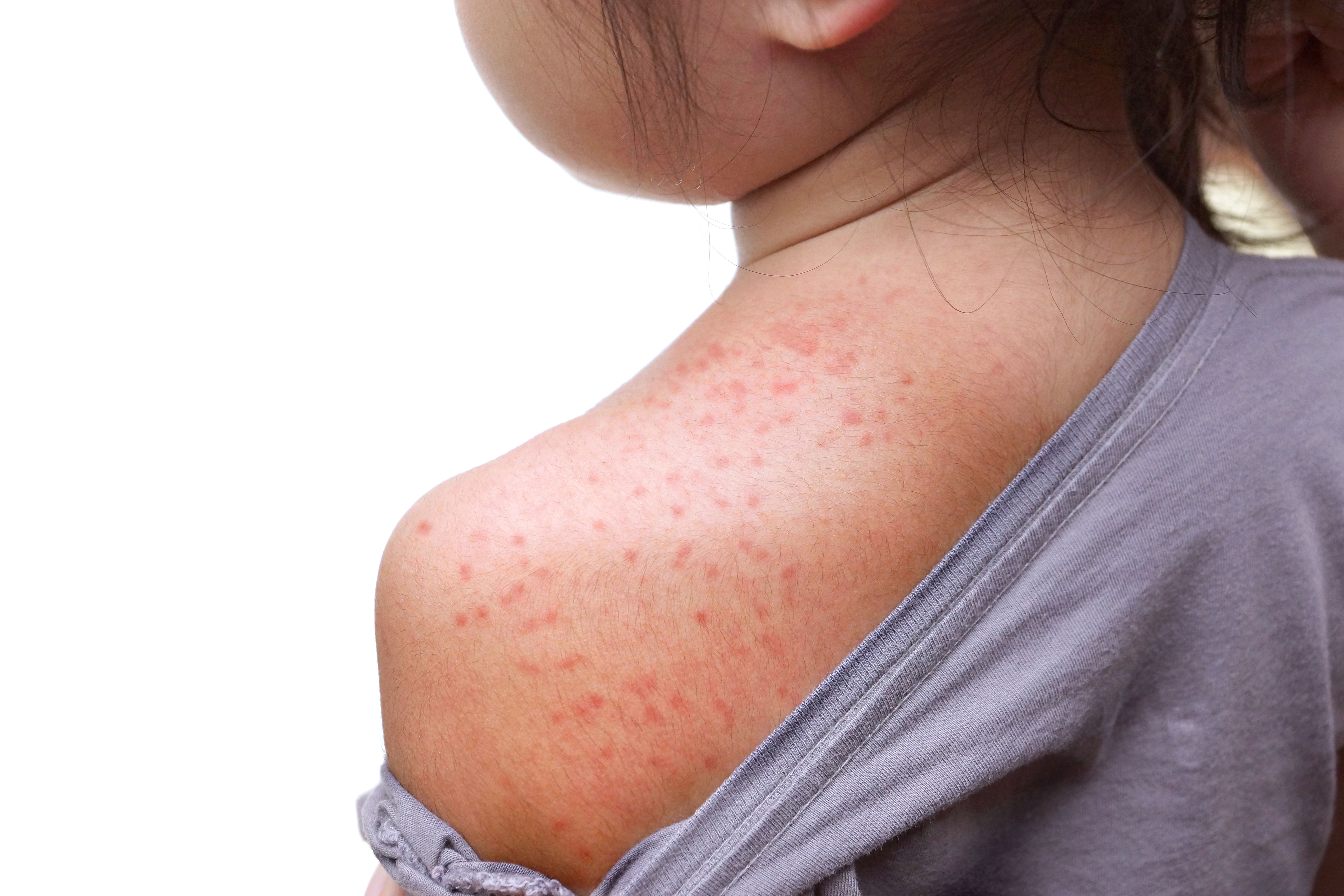CDC issues health advisory amid increasing US, global measles cases
An increase in measles cases, 58 confirmed to the CDC as of March 14, 2024, has prompted the agency to send a health advisory alert to health care providers.
CDC issues health advisory amid increasing US, global measles cases | Image Credit: © weerapat1003 - © weerapat1003 - stock.adobe.com.

A health alert network health advisory has been issued by the Centers for Disease Control and Prevention (CDC), informing clinicians and public health officials of the increase in measles cases in the United States and globally.1
From January 1 to March 14, 2024, there have been 58 total cases of measles and 4 outbreaks confirmed to the CDC across 17 jurisdictions in Arizona, California, Florida, Georgia, Illinois, Indiana, Louisiana, Maryland, Michigan, Minnesota, Missouri, New Jersey, New York City, Ohio, Pennsylvania, Virginia, and Washington.1,2
In this timeframe, there have been 7 outbreaks in 7 jurisdictions compared to 58 total cases and 4 outbreaks reported during the entire year in 2023.
Fifty-four of the cases reported in 2024 (93%) have been linked to international travel, and most have been among children aged 12 months and older who did not receive the measles-mumps-rubella (MMR) vaccine.1
"It's really disappointing, for a disease that was considered eradicated in the United States in 2000, that we have this up-surge in measles again," said Mirza Rahman, MD, MPH, FAAFP, FACPM, president, American College of Preventive Medicine (ACPM), adjunct faculty, Columbia University School of Public Health, in an interview with Contemporary Pediatrics.
The CDC recommends that "healthcare providers should ensure children are current on routine immunizations, including MMR," the report stated. The federal agency also noted that though a high population immunity against measles is present in most communities of the country and widescale spread risk is low, "pockets of low coverage leave some communities at higher risk for outbreaks."1
MMR vaccines are highly effective, as 2 doses are 97% effective against measles (93% effective for 1 dose). If more than 95% of people in a community are vaccinated, most are protected through herd immunity.1
"There's a [seemingly] small difference [in efficacy], but it is the difference between all the folks getting it, or not, and then being fully protected," said Rahman.
Vaccination coverage among US children in kindergarten has decreased from 95.2% during the 2019-2020 school year to 93.1% in the 2022-2023 school year. The result is approximately 250,000 kindergartners susceptible to measles each of the last 3 years.1
As of the report, the CDC stated 36 states and Washington, DC had less than 95% MMR coverage among kindergartners during the 2022-2023 school year. Of these states, 10 reported more than 5% of kindergartners had medical and nonmedical exemptions, which highlights the importance of "targeted efforts at increasing vaccine confidence and access," according to the CDC.1
"At a time where we have an increased number of cases in the United States, it's really incumbent on patients to get the vaccines, for physicians, health care professionals to recommend these vaccines, and for the parents to ensure they protect their children," said Rahman.
The CDC reminds health care providers of the following1:
- Children not traveling internationally should receive their first vaccine dose between 12 and 15 months of age, with their second at 4 to 6 years of age.
For residents of the United States planning to travel internationally, the CDC recommends residents older than 6 months without evidence of immunity should receive the vaccine before departure.1
- Infants aged 6 to 11 months should receive 1 dose before departure, and those who receive a dose of MMR vaccine before their first birthday should receive 2 more (1st: 12 to 15 months of age - 2nd: at least 28 days after).
- Those 12 months and older should receive 2 doses of MMR vaccine, with at least 28 days between doses.
- Teenagers and adults without evidence of measles immunity should receive 2 doses with at least 28 days between doses.
For international travelers, at least 1 of the following is considered evidence of measles immunity:
- Birth before 1957
- Documented administration of two doses of live measles virus vaccine (MMR, MMRV, or other measles-containing vaccine)
- Laboratory (serologic) proof of immunity or laboratory confirmation of disease.
References:
1. Increase in global and domestic measles cases and outbreaks: ensure children in the United States and those traveling internationally 6 months and older are current on MMR vaccination. Centers for Disease Control and Prevention. Press release. March 18, 2024. Accessed March 21, 2024. https://emergency.cdc.gov/han/2024/han00504.asp
2. Measles cases and outbreaks. Centers for Disease Control and Prevention. Updated March 14, 2024. Accessed March 21, 2024. https://www.cdc.gov/measles/cases-outbreaks.html